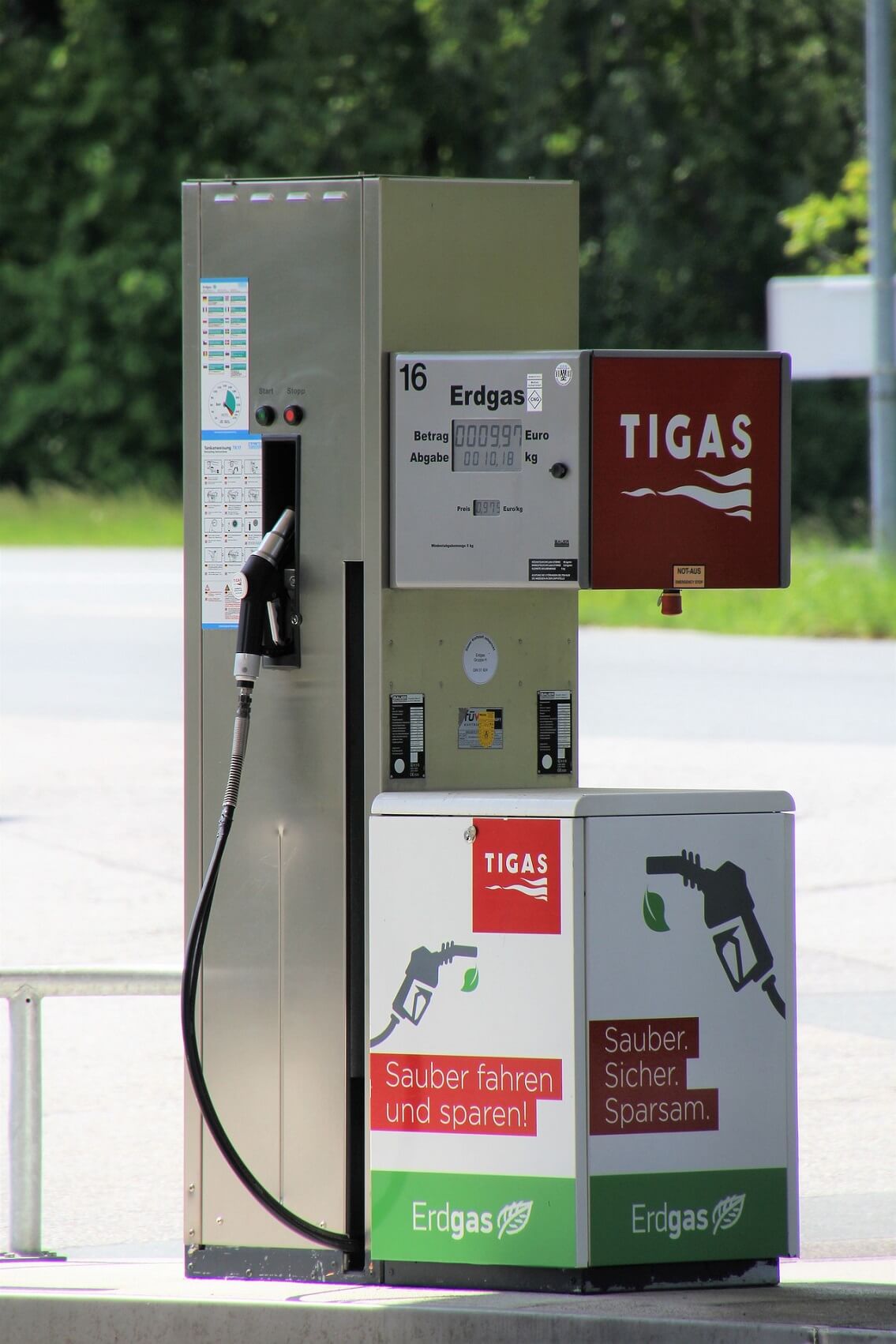
- Just a few minutes from the terminal
- Free shuttle service
- over 3,000 parking spaces
Natural gas cars - Is it right for you?

Even in these times, sustainability remains in focus. When you buy a car, you most likely pay attention to the aspect of environmental friendliness. With diesel and also petrol engines slowly falling further and further into disrepute and electric cars being heavily promoted, other drive fuels are also interesting. Natural gas cars have never really been in vogue, but slowly these vehicles are experiencing a slight upswing. It is worth taking a closer look at this alternative to the usual fuels.
Advantages of natural gas vehicles
In a society that is increasingly starting to rethink and pay attention to the environment, and where inner-city driving bans and stricter emission standards are being debated, alternative fuels are becoming more and more attractive. Unlike petrol or diesel, gas burns in a more environmentally friendly way. The low CO₂ emissions are thus an enormous advantage over other types of fuel. The prices at petrol stations also speak in favour of natural gas. Even if fuel prices are still relatively low at the moment thanks to Corona, this state of affairs will not last forever. Last year, 2019, the average price of a kilogram of natural gas was EUR 1.13. In comparison, super reached EUR 1.43 and diesel EUR 1.26 on average for the year. However, you have to take energy equivalence into account and the prices look quite different. One litre of Super is taken as the base value. This results in a price of EUR 0.72 for natural gas, which is about half the cost factor for a litre of Super. This means that natural gas not only protects the environment, but is also much easier on the wallet. Currently, the alternative fuel benefits from a reduction in mineral oil tax through the Energy Tax Act. This subsidy currently runs until 2026.
Disadvantages of natural gas vehicles
Just as the subsidy runs until 2026, the tax advantage will be gradually reduced from 2024. This leaves little time to make up for the initial investment, because unfortunately the purchase costs of such a vehicle are usually significantly higher than those of a petrol or diesel. According to ADAC calculations, which compare the most favourable model variants of diesel, petrol and natural gas vehicles and their costs for a holding period of five years, the purchase of a natural gas vehicle is only worthwhile from an annual mileage of over 15,000 kilometres. Only then can the alternative drive score with its advantages and compensate for the initial investment.
Another point that is critical in some places is that the network of filling stations is not yet sufficiently developed. Not all filling stations offer CNG. At present, there are still some bare areas that do not have a filling station offering CNG. If you are thinking about purchasing the alternative, you should find out in advance about the filling stations in your area and the route to work.
Conclusion
In principle, natural gas vehicles are a good and more environmentally friendly alternative to diesel and petrol engines. However, the initial investment is larger and the time it takes to pay off is somewhat longer. Especially since the reduction in mineral oil tax will be phased out again from 2024. However, if you have a high annual mileage, natural gas propulsion is recommended and will be easy on your wallet in the long run. Find out in advance about the availability of gas filling stations in your area.
Whether diesel, petrol, e-car, LPG or natural gas - we welcome you with any car to our parking spaces at the airport! We look forward to your visit.





